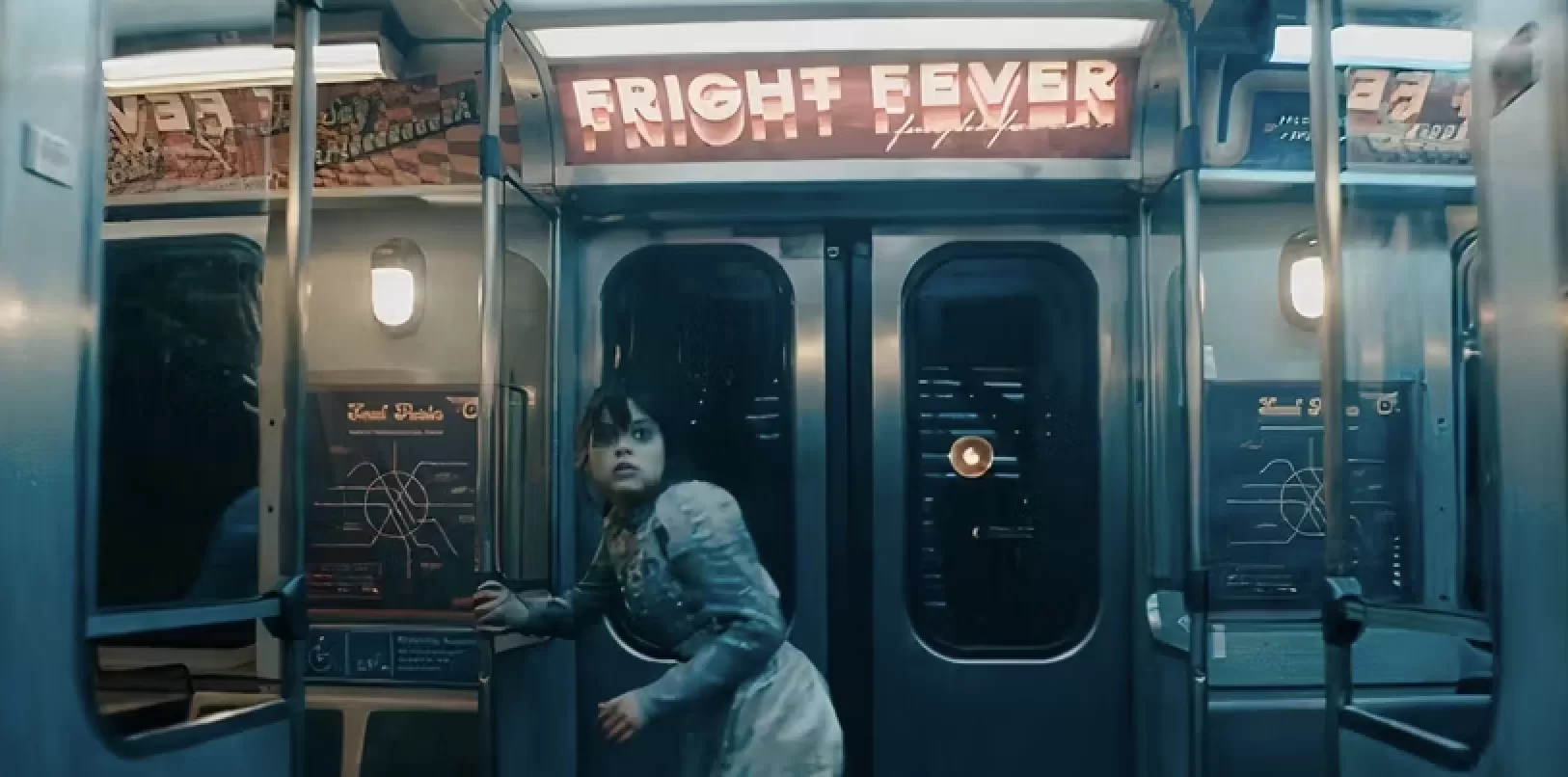Tim Burton is a prominent director celebrated for integrating goth culture into the American film landscape, known for his unique visual style and whimsical storytelling. His most successful films at the box office include *Alice in Wonderland* (2010), *Charlie and the Chocolate Factory* (2005), *Batman* (1989), and *Planet of the Apes* (2001). Burton’s animated works, such as *Corpse Bride* and *Frankenweenie*, also feature characters with ghostly appearances, further emphasizing his signature aesthetic.
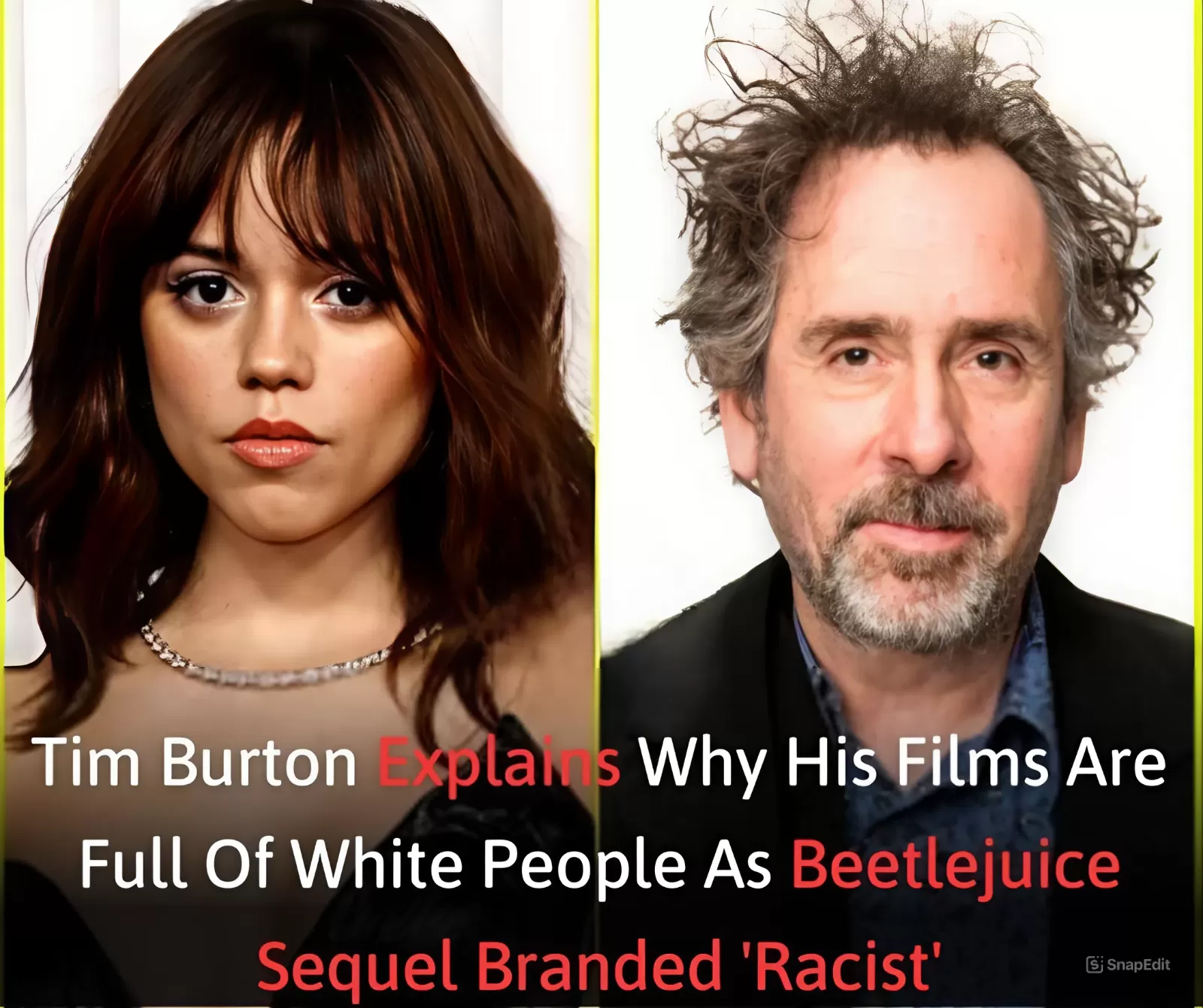
Despite his acclaim, Burton has faced criticism over the years regarding the lack of representation in his films. This issue has been a recurring topic since at least 1993, with a particular focus on the absence of Black actors in prominent roles. One notable example is the 1993 film *The Nightmare Before Christmas*, which Burton conceived and produced, though it was directed by Henry Selick. Screenwriter Caroline Thompson later revealed her discomfort with the character Oogie Boogie, suggesting that his name carried derogatory connotations. She urged Burton to reconsider the character’s name but ultimately felt her concerns were dismissed.
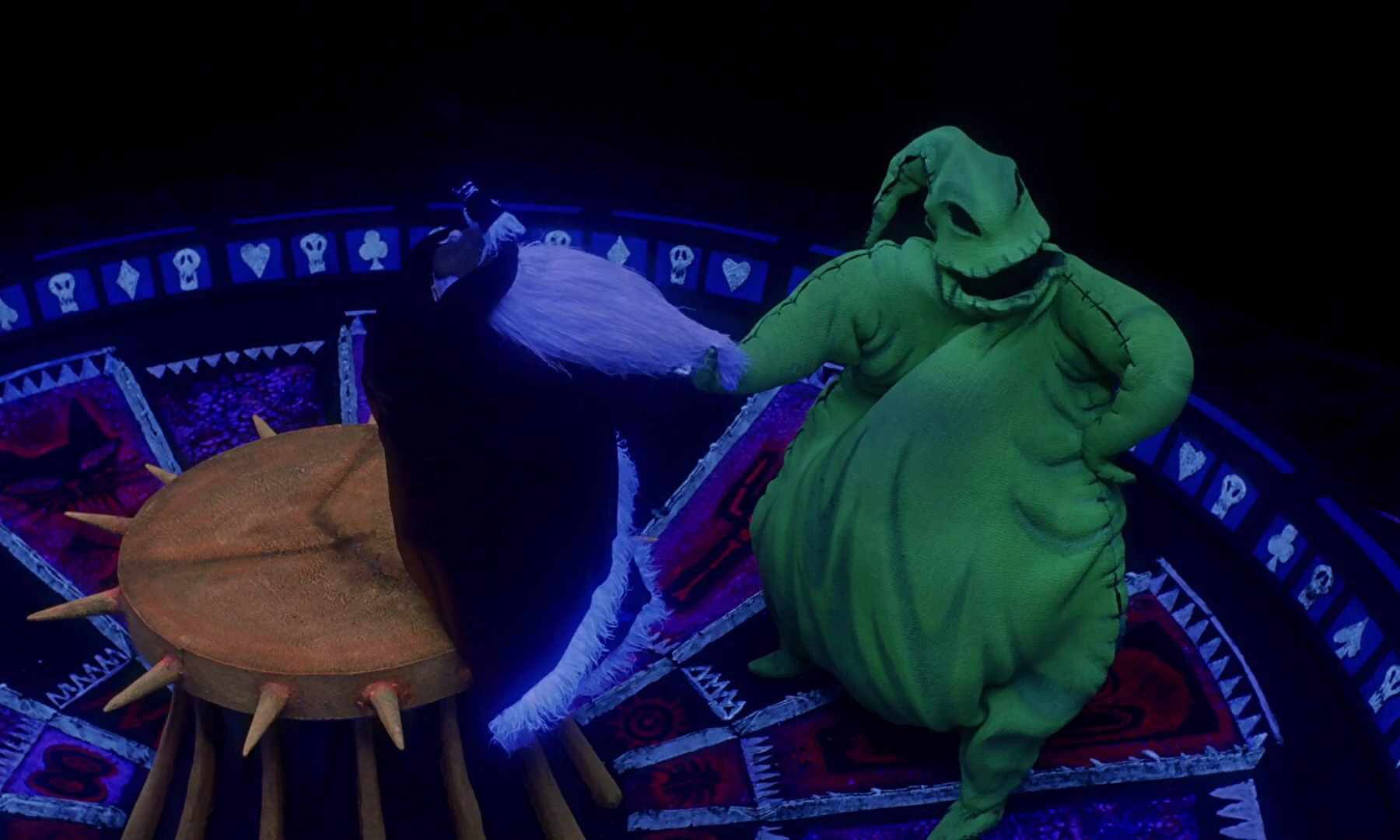
Burton’s representation issues came into sharper focus with the 2016 film *Miss Peregrine’s Home for Peculiar Children*, which featured Samuel L. Jackson as the antagonist Barron. Jackson acknowledged the lack of Black characters in Burton’s previous films but defended the director, suggesting that this was not a deliberate oversight but rather a reflection of how storytelling has unfolded in Burton’s work.
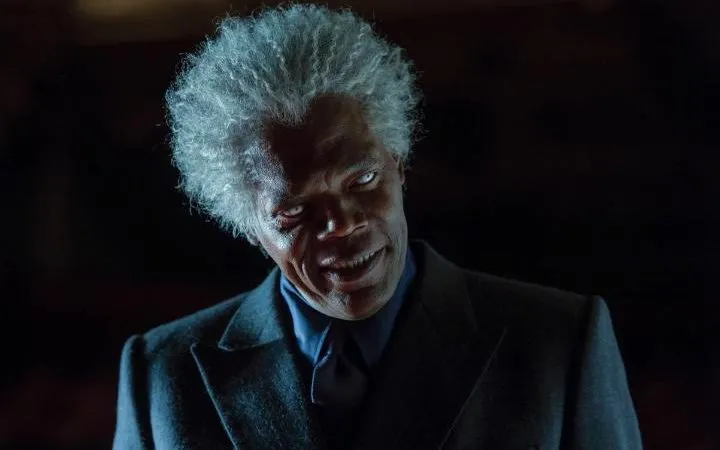
The criticism resurfaced following the release of the Netflix series *Wednesday*, where some viewers pointed out that the Black characters were portrayed negatively, prompting discussions on social media about representation and character dynamics. Some defended Burton, noting that one Black character was also depicted positively, though the conversation highlighted ongoing concerns about the portrayals of diversity in his projects.
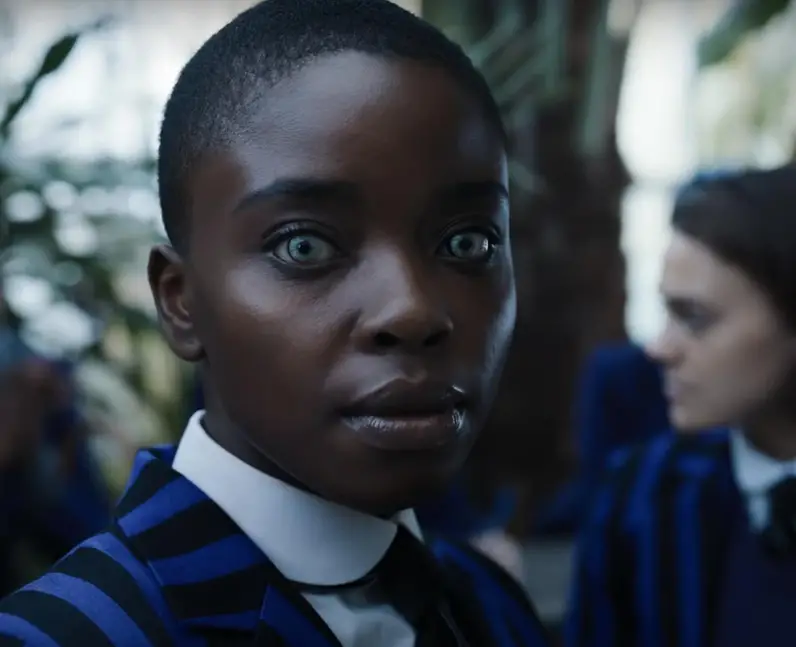
Most recently, with the release of *Beetlejuice Beetlejuice* (2024), Burton has faced renewed scrutiny over a scene that some viewers described as racially insensitive. This scene, which references the cultural significance of *Soul Train*, has drawn mixed reactions. Critics argue that Burton’s handling of this segment feels disingenuous given his history of limited representation.
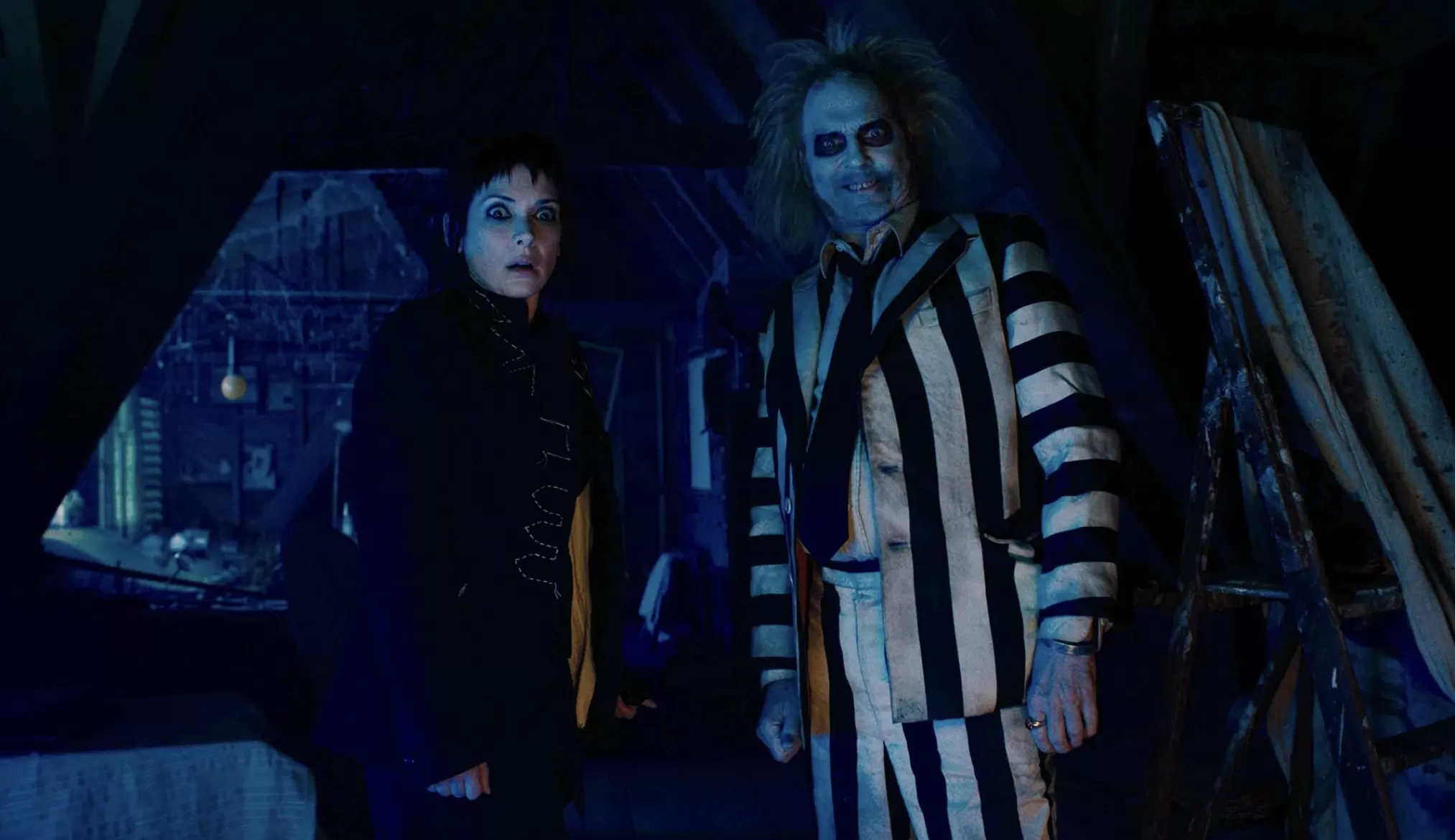
Burton’s responses to questions about diversity in his films have often been dismissive. He noted that storytelling should reflect what is necessary for the narrative, suggesting that he does not prioritize representation for its own sake. As the dialogue around representation in film continues to evolve, Burton’s body of work remains a focal point for discussions about diversity and the responsibilities of filmmakers in creating inclusive narratives.
